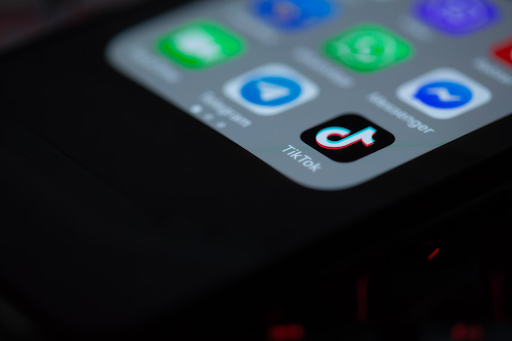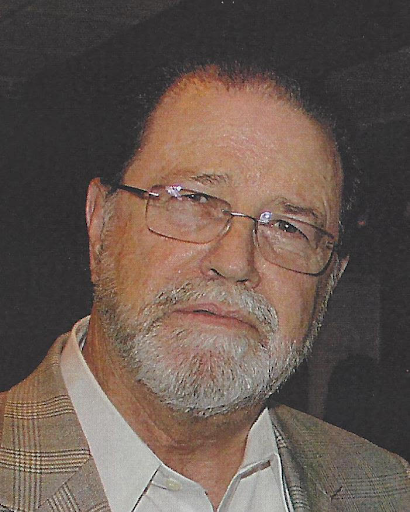I came to a sobering realization this Sunday.
I was sitting half-awake on my couch in the afternoon, after not sleeping much the night before (I wish staying out late at some wild college party was the reason, but it wasn’t. Just couldn’t sleep), watching the Patriots-Titans game on my laptop (Why? Because I’m from Massachusetts. Seven titles in 11 years what’s up!)
In the beginning of the fourth quarter, with the Pats up 28-10 and cruising, Tennessee quarterback Jake Locker dropped back and threw to Nate Washington, who was running a deep post down the middle of the field. The pass was a little high, but Washington left his feet to haul in the ball. As he hit the ground, Patriots safety Tavon Wilson blasted him from the front, and linebacker Jerod Mayo did the same from the back, jarring the ball loose. Another Patriots defensive back, Patrick Chung, picked the ball up and ran back 49 yards, before Locker tackled him.
There was nothing unusual about the play. All the hits were legal (Mayo, Wilson and Locker all led with their shoulders, not their helmets), and none even approached the line between “playing hard” and “playing dirty.”
But despite this, both Locker and Washington were hurt on the play, and both left the game. Thankfully, neither injury was serious, but it doesn’t matter. They both could have been concussed, or broken a bone or torn ligaments.
It confirmed what I had long suspected — I no longer like football.
I can’t watch America’s sport (sorry baseball) anymore without thinking of the consequences of every hit. Study after study has shown the degenerative effects of the hits NFL players take on the brain.
I can’t celebrate a touchdown by Aaron Hernandez or Rob Gronkowski, my favorite Patriots, without wondering if they’re going to be able to get out of bed without pain in 20 years, something most 40-somethings, but not retired NFL players, take for granted.
And I can no longer pump my fist after a big sack by Vince Wilfork when seeing the crumpled heap in which he and his 350-plus pound frame (don’t believe the 325 that ESPN lists him at) leave the quarterback.
There’s an elephant in the room with the NFL and its multi-billion dollar business model — the money it makes is made off the back of players sacrificing their bodies (and sometimes their minds) for personal glory and the sport they love, making owners megarich in the process. Fans love the sport because of the passion, and yes, the hard hits that make SportsCenter.
It’s why the league ignored the medical consensus about the effect of concussions for so long, because short of taking all the contact (and in turn, the fun) out of the league, there’s no way you can play football without risking brain injury.
We cheer for players on Sunday, 16-20 times a year (depending on your team’s success), but do we ever think about them the other 345 or so days a year? Well, yes, of course we do — that’s how talk radio survives. But I mean, do we think about their lives?
Remember how beloved Peyton Manning was in Indianapolis? After going through hell and back to overcome a neck injury that not only threatened his career, but basic motor skills like looking to his right, he was cut by the Colts because Andrew Luck was the most promising quarterback prospect since…Peyton Manning.
Other sports suffer from this short-sightedness from fans as well, but the NFL is the only professional sport in which high-speed contact is not only legal, but essential to the game. Basketball and baseball players can play thousands of games without a major injury; it’d be miraculous for an NFL player to do the same.
In short, I can no longer in good conscience glorify the violence that passes as sport in the NFL.
Football is a sport that, whatever strategic or tactical mind games coaches play (and I don’t mean to downplay those, obviously. Bill Belichick and all that), boils down to being more physical than your opponent, and outhitting the other team. In many futuristic dystopian movies and novels, like The Hunger Games, society has devolved to the point where fighting to the death for the enjoyment of others is considered sport.
Watching 350-pound linemen crash into each other 60 times per game, I sometimes wonder if we’re watching something similar.



















SJU Reader • Jan 10, 2013 at 12:02 pm
This is a serious issue:
http://abcnews.go.com/US/junior-seau-diagnosed-brain-disease-caused-hits-head/story?id=18171785
Former Torcher • Sep 27, 2012 at 2:46 pm
The EIC’s column used to be a place for solid, serious writing. What is this dribble? Focus on important topics, who cares what you think of the NFL?